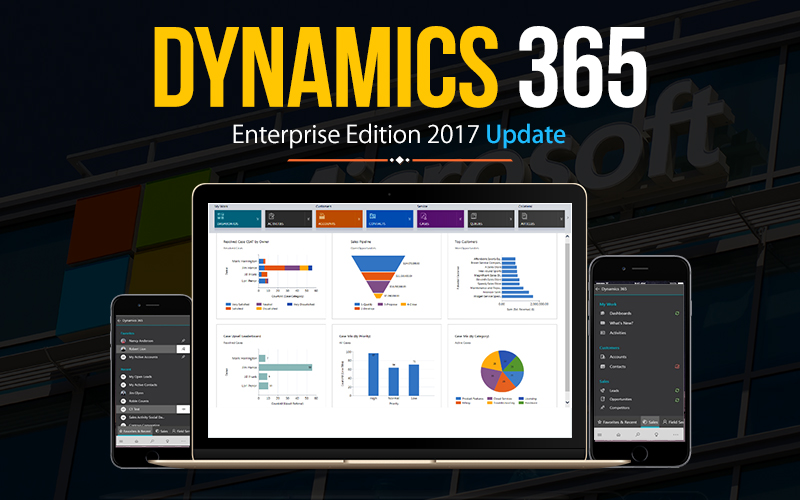Getting You Business GST-Ready: Where to Start
“We have for the last six months saying that the date is July 1. Nobody had any business to be not ready.”
With India’s Finance Minister Arun Jaitley proclaiming these words, those who were keeping their fingers crossed for a last-minute deadline extension on the goods and services tax (GST) knew that they were just hoping against hope.
GST comes into effect on the midnight of June 30 – July 1. And the only solace available to businesses now is that for the first two months, the government wouldn’t be imposing any penalties or late fees on filings of GST returns. So, if your business is still not ready for the biggest reform in India’s tax history, you need to act right now. And we mean right now! Here’s what you can do:
- Awareness, Awareness, Awareness
The first step toward enabling your business to become ready for GST is to sensitize your employees across departments about the tax reform. A good place to begin is read up on an overview provided by the Central Board of Excise and Customs, as well as the model GST law.
- Review Contracts and Pricing
You need to get all your contracts and the tax clauses mentioned in them in tune with GST. Gather all project owners and review existing contracts to figure out how a change in taxation will impact work orders. On the basis of this, you may also need to renegotiate prices with suppliers.
- Digitize Business Processes
GST with its varied clauses means an even stricter check on inventory, sale, purchase, accounting entries, et al. One sure shot way of getting it right is to automate critical business processes using an enterprise resource planning (ERP) software. Manual processing of these elements would be nothing short of a nightmare in a GST-powered world.
- Document Management
GST tax system expects business to undertake e-filing on taxes. Accordingly, all payments, notices, refunds, returns, etc., are also expected to come in a digital format. Equipping your business with an ERP solution to automate these filings would make the transition much simpler.
- Business Strategy Overhaul
As GST makes all of India one common marketplace, supply chain, and pricing strategies may require a major transformation. You must map the impact of GST on your current supply chain as well as on finance and make modifications accordingly.
While it may seem that making your business compliant to GST is a costly affair, you need to realize that not complying with the norms always proves to be more costly in the long-term. At Zone One, we have helped numerous businesses to get ready for GST tax management and automation through our vast experience in Microsoft Dynamics AX and Microsoft Dynamics NAV software. We also provide other GST-compliance services, such as, training, auditing and consulting through our group of qualified chartered accountants. To know more about how can we help your business get GST-ready, contact us here or send an email to marketing@zoneoneme.com.





